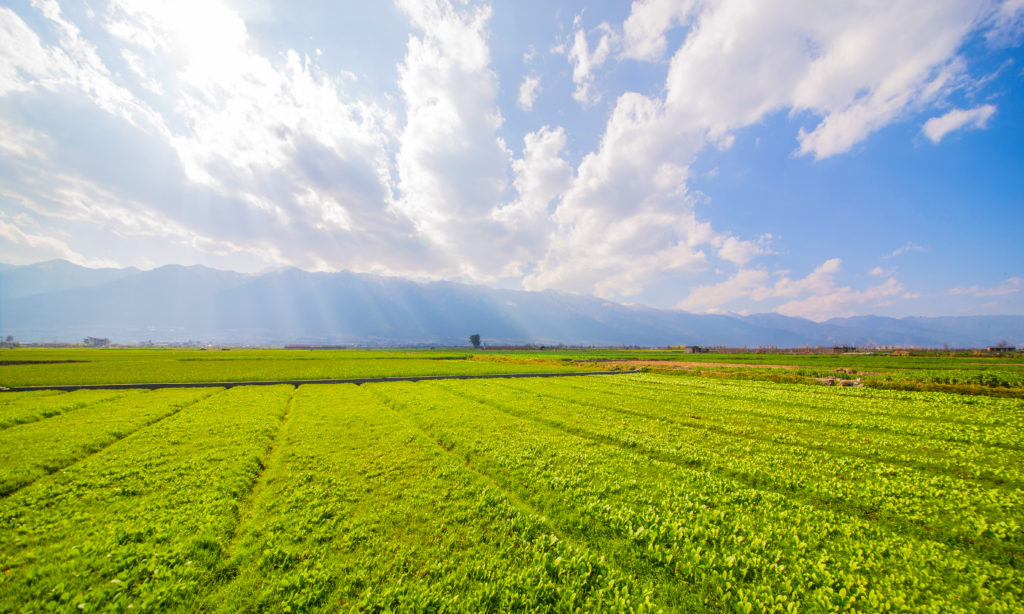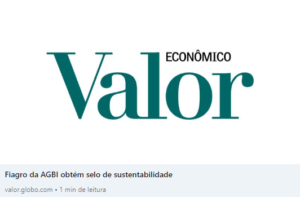The average price of farmland in Brazil continues to reach record highs in the September-October period, closing the period at a nominal value of R$17,561.03 per hectare, a 31.04% increase over the last 12 months, according to IHS Markit. The maintenance of high prices for this asset is strongly correlated with the demand for agricultural commodities, both in foreign and domestic markets. In addition, the high level of interest rates, the low supply and the high search for rural assets by investors have been crucial factors in the continuation of the upward trend in the farmland market.
The current inflationary scenario together with the devaluation of the Brazilian currency rate has significantly impacted producers’ costs with transportation and agricultural inputs. In parallel, climatic factors have damaged crops on a global scale in the year 2021, resulting in the rise in prices of agricultural commodities. Due to this appreciation of rural products, the search for farmland in Brazil has increased in the September-October period, raising the average price of cropland once again, now reaching R$ 41,144.07 per hectare, consolidating a 44.5% increase in the trailing twelve months.
The search for pastureland for transformation was also important in the bimester to benefit from the surge in grain trade prices. The need for additional properties prompted a shift in screening from productive poles to alternate locations (where farmland usage and occupation are largely pasture). The asset holders have seen large profits from the land conversion plan from pasture to crops. As a result, pasture farmlands had a 17.64 percent gain in the last twelve months, reaching an average price of R$10,672 per hectare.
When looking at the farmland market from an economic standpoint, the situation appears to be favorable for continued growth. Aside from the rise in inflation, the depreciation of the national currency also plays a role, favoring owners of productive areas who may guarantee more significant gains with their own production or leasing for farming activities, meeting both foreign and domestic demand. High exports, on the other hand, deplete the national stock, diminishing domestic market supply, which is exacerbated by rising food prices. Therefore, in order to control inflation, the Monetary Policy Committee has been adopting hawkish measures, revising the basic interest rate upwards, which may trigger a negative repercussion in the rural land market, making them more illiquid, since the rise in interest rates difficult investments in real assets.
Despite the overall rise, when broken down by kind of activity, rural real estate investment still presents excellent commercial potential. The method of converting pasture acreage to crops is a good example. As previously stated, pasture farmland gained in value by 17.64 percent in the last year, with an average price of R$10,672, while grain cultivation areas increased by 44.52 percent, with an average price of R$41,144.
In light of the aforementioned, it can be concluded that the search for productive farmland in Brazil continues strong and the low offer of these assets, which decreases liquidity, associated with the high prices of commodities, the desire to expand the productive areas, along with a favorable export scenario, has caused the surge in farmland prices as a whole and challenged investors and rural producers to explore new regions, pay more than usual for neighboring areas or change farmland use strategies. In any case, the fact is that the agribusiness sector remains thriving and full of opportunities, even in a difficult economic moment for the country.
Source: Análise do mercado de terras, IHS Markit – 103 Edition – November 2021



